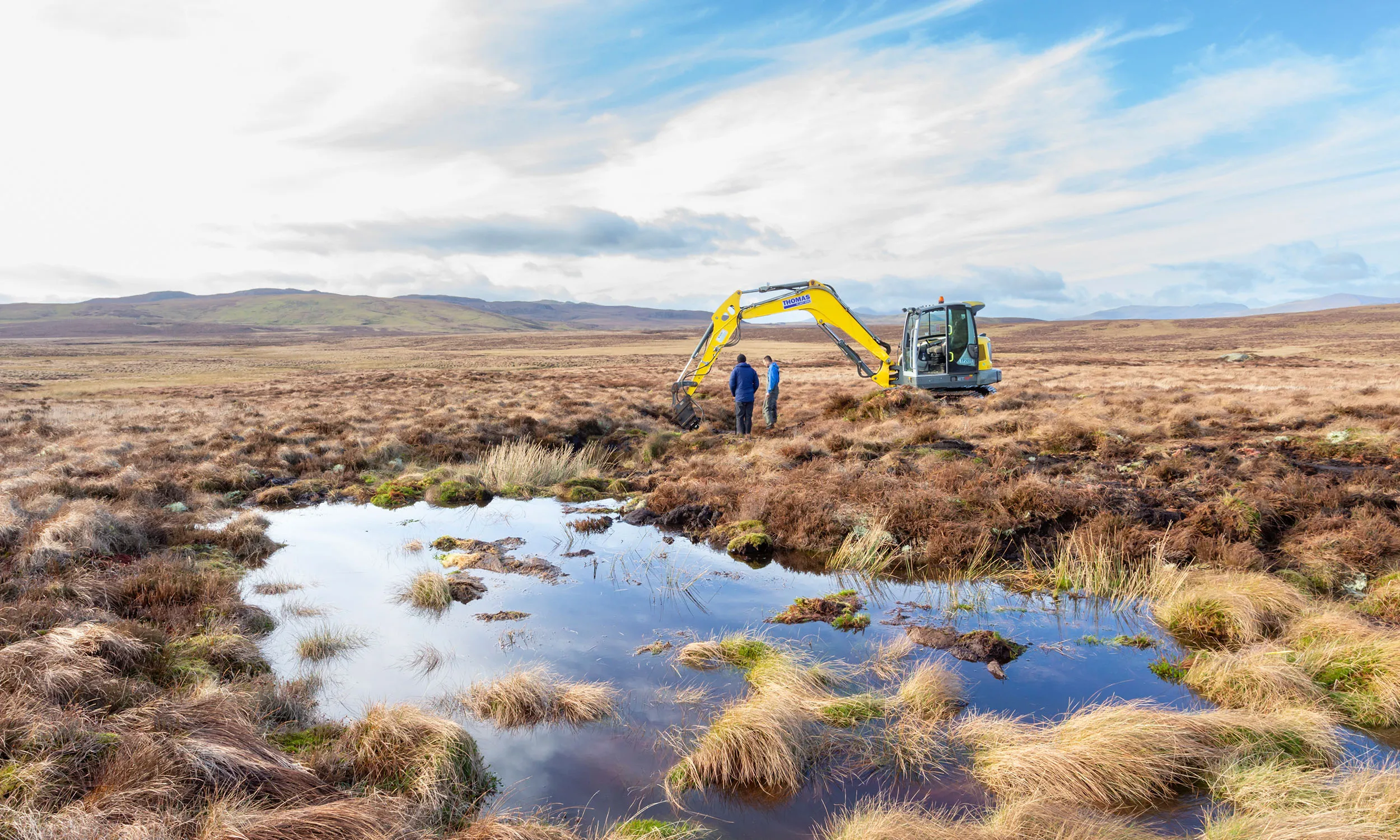Introduction to RSPB’s Conservation Research

RSPB as an acronym for Royal Society for the Protection of Birds, is an organization whose role is to study and conserve birds and their habitats. This organisation conducts a significant amount of research to comprehend the challenges that bird populations face and to find ways to lessen these threats. RSPB research covers a broad spectrum of disciplines; one of which is environmental science. The findings of these research are useful to get information for the preservation of the species and policy recommendations. Thus, it is vital to emphasize that the commitment to conservation, which is based on the evidence, is crucial in order to ensure that the measures are efficient and long-term. This paper aims to discuss the specific research the RSPB has been carrying out and what the outcomes of this research have been for bird conservation.
Habitat Restoration and Management

Preservation and conservation of habitats is among the major objectives of the research done in the Royal Society for the Protection of Birds (RSPB). Many bird species depend on specific areas for nesting, feeding, and roosting as well as other activities. Birds are today suffering from a very real threat due to the destruction and loss of these habitats that human beings bring about. RSPB scientists study the needs of different birds along with the features of the environments that the birds like to dwell in. With the help of this research, projects for the rehabilitation of habitats can be designed and implemented. Some of the strategies used in the process of rehabilitation and enhancement of ecosystems include afforestation, development of wetlands, and the conservation of meadows. These initiatives are evaluated over the long term with the help of ecological research methods. This assists in guaranteeing that the habitat that has been restored provides the necessities that are needed by the bird populations at restoration.
Impact of Climate Change on Bird Populations

One of the biggest challenges that wildlife is facing currently is the impacts of climate change. Birds’ diet, their ability to reproduce and the timing of their migration are all affected by the temperature, the patterns of rainfall and the occurrence of storms. The experts working for the Royal Society for the Protection of Birds (RSPB) investigate how climate change influences certain bird species and their habitats. They look for patterns and even make forecasts concerning the changes that are likely to occur in bird populations given a long duration of data sets. In view of the fact that this research seeks to identify mechanisms that birds would use in adapting to a changing environment, the research is absolutely essential. Examples of conservation measures include the establishment of climate proof habitats, the preservation of breeding and feeding grounds and ensuring that the geographic landscape is connected so that species can move from one place to another.
Conservation of Endangered Species

The main focus of the conservation programmes that are implemented by the RSPB is mainly the endangered bird species. In order to make the conservation measures more specific, studies are being carried out with a view of identifying the causes of the declining population of the species. For instance, they lose their natural habitat, they can easily be hunted by other predators, or they are displaced by human beings. Some of the measures include protection of the natural habitat, breeding in captivity and controlling of the predators which are practiced by Royal Society for the Protection of Birds (RSPB) in an attempt to assist in the conservation of endangered species. These conservation measures have proved to be effective because some of the species such as the bittern and the red kite have been revived. Ongoing monitoring and research guarantees that the protective measures that are being applied are efficient as well as suitable.
Community Engagement and Citizen Science

Probably one of the most crucial strategies in the RSPB’s plan is to ensure that the general public is engaged in the protection of birds. People are urged to act by undertaking community participation which aims at raising awareness on bird conservation. It is necessary to incorporate the public in the collection of data for a citizen science project like bird surveys and monitoring programmes. It does not only enable providing the required data for research, but also contributes to the formation of an environmental concern. Data collected by the citizen scientists is then examined by the specialists from the Royal Society for the Protection of Birds (RSPB) to acquire knowledge about birds’ population and tendencies. The involvement of the community makes the conservation work even broader and more effective; thus, the idea of bird conservation is more global and liberal.
Future Directions in Bird Conservation Research

The subject of bird conservation is always developing, and this causes the appearance of new challenges as well as new opportunities. In order to address these constantly changing needs, the research agenda of the RSPB has been created. Two examples of potential future study areas that could be pursued in order to acquire more profound understandings of the ecology and behaviour of birds include: Use of remote sensing technology and Genetic analysis are some of the modern technologies that can be adopted in the future to further this knowledge. The knowledge about the issues that are linked with bird conservation on the global level will be enhanced by conducting researches together with other conservation organisations, universities and governmental institutions. Besides, the presence of studies from the social sciences will help in understanding relations between people and animals and also in the creation of effective methods of conservation. RSPB will remain ahead of scientific research as a way of helping save bird populations and their habitats in the long run.
Conclusion: The RSPB’s Commitment to Bird Conservation
In as much as one may be thinking of organisations that protect birds, there is none better known than the Royal Society for the Protection of Birds (RSPB). This is the reason why the RSPB works hard in endeavoring to reduce the different threats affecting birds by researching and coming up with the best method in the conservation of birds. There is the Royal Society for the Protection of Birds which involves itself in conservation issues such as rehabilitation of the habitat, management of climate change, and conservation of endangered species and involving the communities. The RSPB’s work has to remain timely and impactful and to this end it constantly revises its research programme and incorporates new technologies. Besides, the organization’s unchanging commitment to the scientific approach to conserving birds and their habitats assists people in understanding and appreciating nature. In the future the RSPB will continue to protect bird populations and their habitats and inspire other organizations and individuals to do the same.










